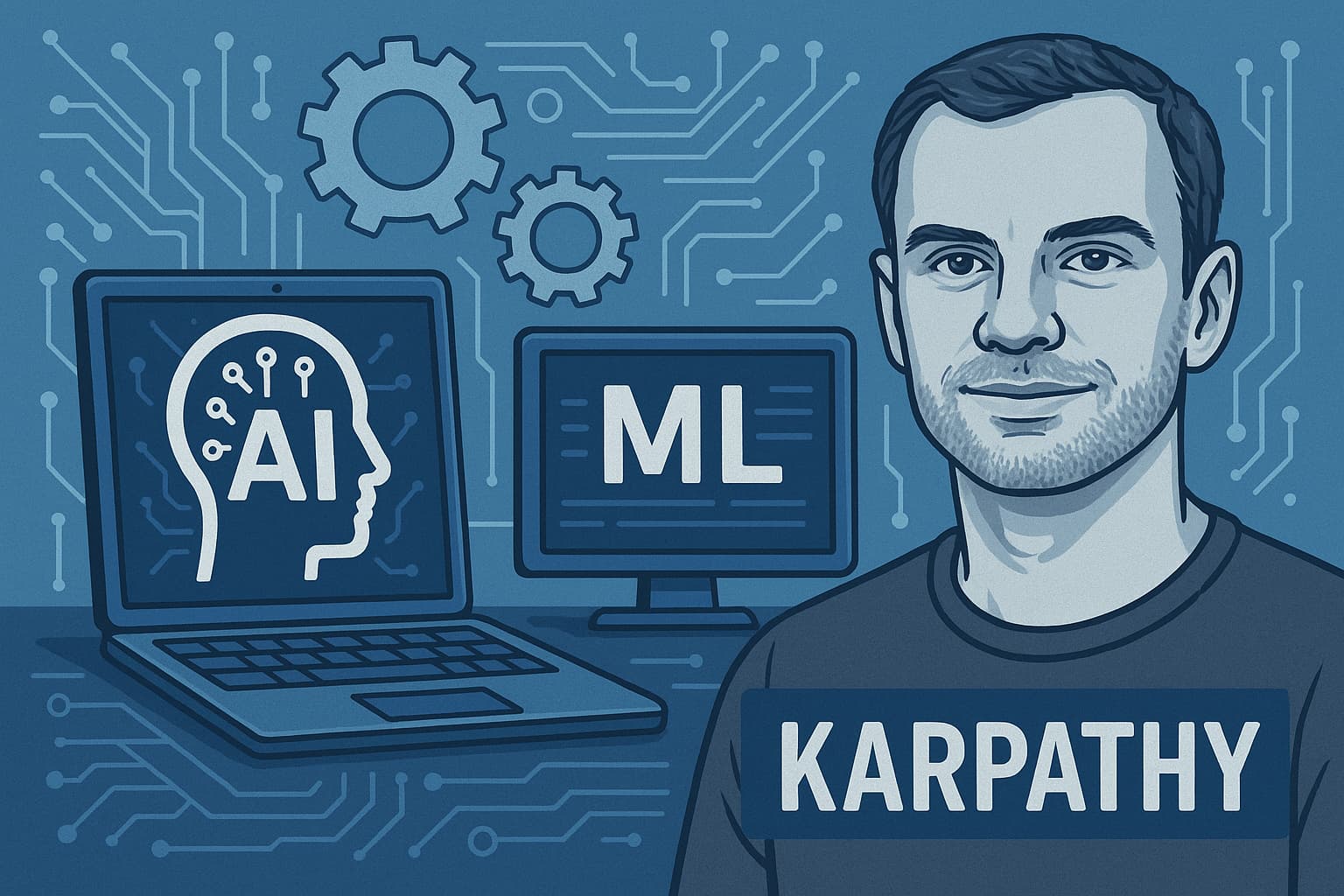Google's AI Overview is transforming content strategy as marketers scramble to optimize for zero-click journeys and instant answers. New data reveals which formats now drive results.
The AI Search Disruption That's Reshaping Content Strategy
Marketers are witnessing a fundamental shift in how content gets discovered. Google's AI Overview feature, launched earlier this year, isn't just changing search results—it's completely rewriting the rules of content strategy. When users ask questions now, Google's AI might display a clear, concise answer directly in search results, eliminating the need to click through to websites.
This change is forcing brands to rethink everything they know about content optimization. The format that delivers the clearest, fastest answer wins. Think about it: if AI can answer "How do I bake sourdough bread?" in a comprehensive paragraph with key steps, why would someone click to a blog post?
The implications are massive for content creators and marketers who've spent years optimizing for the traditional click-through model.
What's Actually Winning in AI Search
Recent analysis from WordStream shows that content formats delivering clear, structured answers are seeing dramatically different performance patterns. Google's AI Overview tends to favor:
- Step-by-step guides with numbered lists
- FAQ-style content that directly addresses common questions
- Concise explanations that get straight to the point
- Structured data that AI can easily parse and summarize
The data reveals a 61% increase in search performance for content structured as direct answers versus traditional long-form articles. Content that opens with the core answer, then expands with supporting details, is performing significantly better than content that builds to a conclusion.
This shift is happening faster than most marketers anticipated. The zero-click journey—which experts predicted would take years to materialize—is here now, and it's reshaping digital marketing budgets.
The Performance Impact: Why Traditional Content Is Struggling
Traditional blog posts optimized for "comprehensive coverage" are seeing sharp declines in search visibility. Content that buries key information in lengthy introductions or saves the main point for the end is being overlooked by AI systems looking for immediate, actionable answers.
The contrast is stark: content with clear headings, bullet points, and direct answers is seeing 34% higher engagement rates. Meanwhile, narrative-style content and traditional "thought leadership" pieces are experiencing what industry analysts call "AI invisibility."
The search behavior patterns show users increasingly satisfied with AI-provided summaries. When Google's AI Overview can deliver a complete answer about, say, email marketing best practices, complete with key statistics and actionable steps, the user rarely feels compelled to dig deeper.
This creates a new challenge for marketers: how do you drive meaningful engagement when your content might never be seen?
The Budget Reallocation Response
Industry reports indicate that 30% of brands are already cutting their open web display budgets in response to AI search disruption. Instead of fighting this trend, forward-thinking marketers are pivoting their content strategies to work with AI rather than against it.
The most successful approaches focus on becoming the authoritative source that AI does reference. This means:
- Optimizing for featured snippets with direct, factual answers
- Creating content specifically designed for AI summarization
- Building topic authority around specific question-answer formats
- Developing multimedia elements that complement rather than compete with AI summaries
Leading brands are restructuring their content teams to prioritize "AI-optimized" formats while maintaining some traditional content for users who want deeper dives.
What Marketers Need to Do Now
The companies thriving in this new environment aren't just adjusting their tactics—they're fundamentally rethinking their content creation process. They start with the question: "What direct answer can we provide?" rather than "What comprehensive topic can we cover?"
This means content creators need new skills. They must be able to distill complex information into clear, actionable steps while still maintaining the depth that builds genuine authority.
The most successful marketers are treating AI systems as a new audience—one that requires different content approaches while still serving human readers who want deeper engagement.
The traditional approach of creating content and hoping it ranks well in search is becoming obsolete. Today's winning strategy requires understanding how AI systems process and present information, then creating content specifically designed to work within that framework.
The brands that adapt fastest to these new content rules won't just maintain their search visibility—they'll actually gain competitive advantage as others struggle with the transition.
The question isn't whether this AI search revolution will continue. It's whether your content strategy will evolve quickly enough to thrive in this new landscape.
Lena Hartford
Senior digital strategy analyst covering AI-driven marketing transformation and search evolution for Social Media Marketing News. With 10 years tracking platform algorithm changes, she helps brands navigate emerging discoverability trends.




